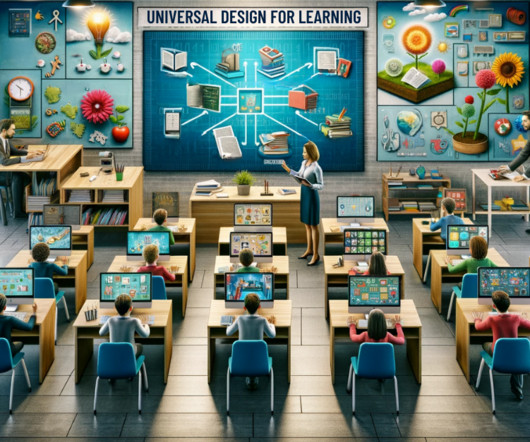A traditional model of organizational knowledge creation
Connecting 2 the World
SEPTEMBER 18, 2011
Information becomes content when there is a situation to apply it (Nonaka, 1999, Yaklief, 2010), but does not require a depth of understanding to access or transfer. Once created, individual, groups, departments, or the organization can control the dissemination and access to a larger number of people.















Let's personalize your content